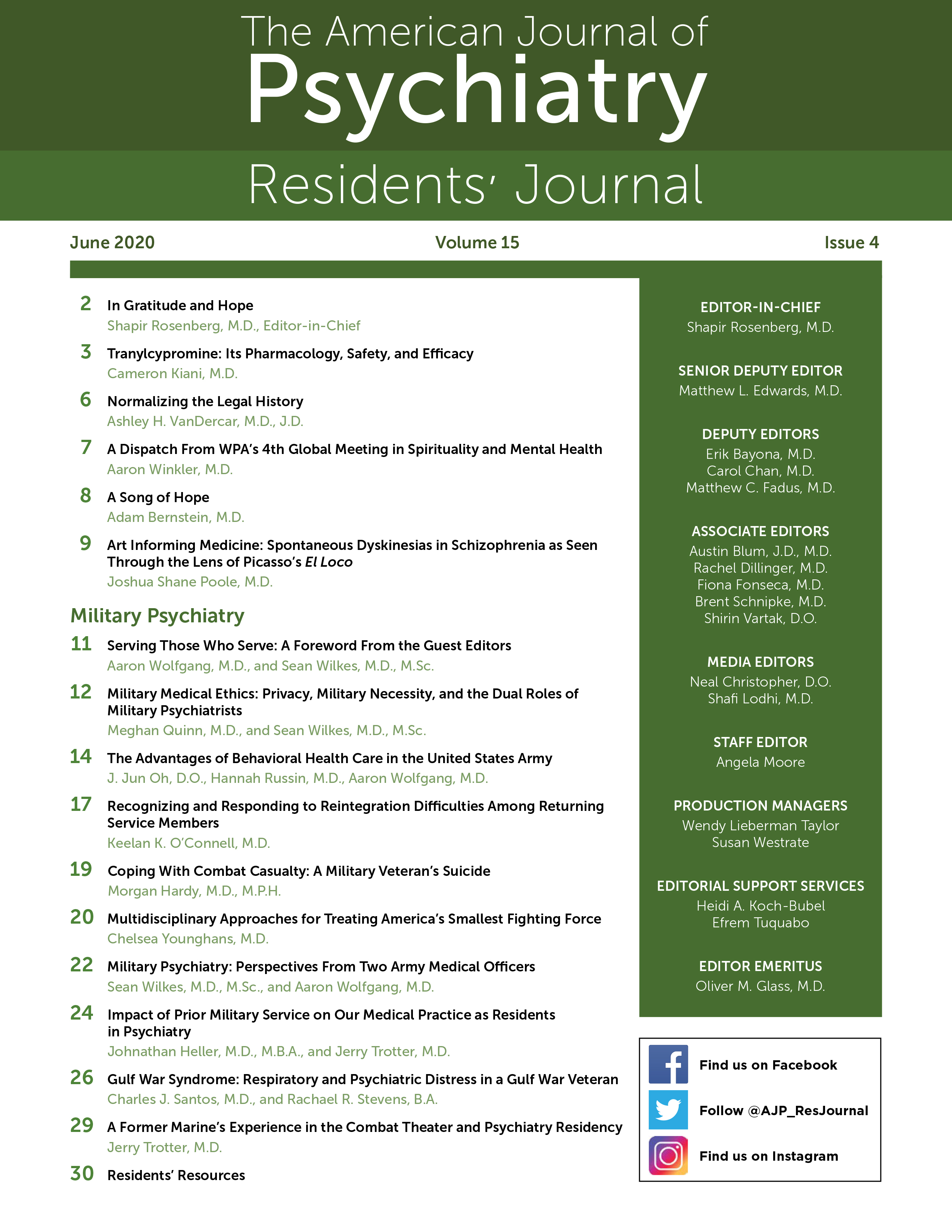Beginning residency on night float was a jarring experience. Just two months prior, I walked across the stage to receive my diploma. Suddenly, I was in charge of over 40 patients, agonizing over seemingly trivial tasks, such as whether or not I should give acetaminophen and questioning what to do about a blood pressure slightly out of range. With each night came a dizzying number of pages and a small internal crisis over whether I was providing the best care possible, with just days of experience as a new physician.
In the midst of the nighttime chaos, I was called for a patient who was anxious and unable to sleep. I walked into the patient's room and took a seat next to her bed, as my feet ached from running around the hospital answering the flurry of pages that night. The patient was a middle-aged woman with stage IV gastric cancer. In physical and emotional distress, she took my hand and asked, "Will I be alright?" I was unsure of her immediate prognosis, but I put my hand on top of hers and said that I would be available to assist with any medical needs that she may have throughout the night. As I sat there, we briefly spoke, although I let her do most of the talking. Once a professional opera singer who sang around the globe for audiences of thousands, she now found herself alone in a hospital accompanied only by her thoughts.
After talking for a short time, she smiled at me, took a deep breath, and closed her eyes. And then the once quiet and darkened room lit up as she began to sing. I recognized the song immediately; it was Hatikvah, the national anthem of Israel and a song of hope. She may have sung the song for herself, but it was a song that my heart and soul so desperately needed. After she finished, she opened her eyes to look at me; our hands still intertwined, she thanked me for my time. I don't know much about what happened to her after that night. She was discharged from the hospital—I like to think with a renewed sense of strength and hope.
We all hold out hope for something. For my patient, it may have been her hope to see another birthday before cancer overtook the rest of her body. As a new intern, my hope was to overcome the everyday stresses of residency, abide by the oath I took just months before, and provide a meaningful interaction with every patient I encountered. My hope was far different from my patient's, but often it felt just as seemingly insurmountable.
Now a year into residency, so much has changed. My voice no longer quivers when giving orders, and I have become more confident in my decisions. However, one thing has remained: the hope that my nighttime patient sang about. Without hope, patients lose sight of treatment goals and physicians lose sight of why they entered the profession and the value they add every day to their patients' progress. Residents must find their own source of hope and hold on to it tightly, for it will surely be tested many times over. Those tests of perseverance make one a better physician in the end. As my patient sang, "Our hope is not yet lost …"
